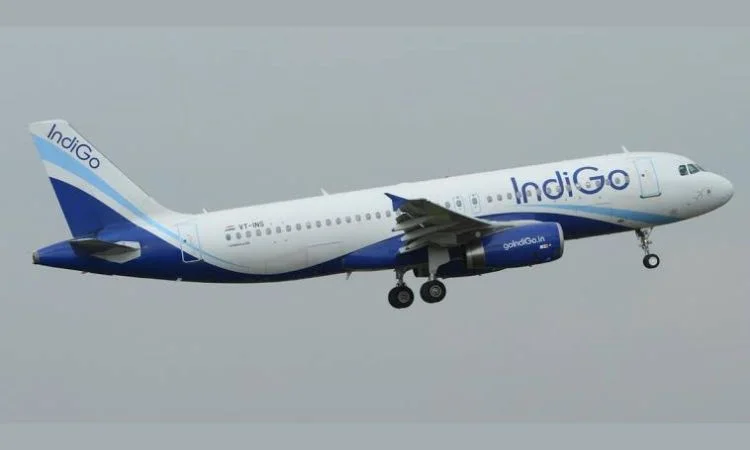In an unfortunate series of events, a Guwahati-bound IndiGo flight from Mumbai had to make an unscheduled landing in Dhaka, Bangladesh, leaving over 170 passengers stranded for several hours on Friday morning. The airline’s flight 6E 5319, which was scheduled to reach Guwahati at around 3:45 am, could not land at its destination airport due to dense fog and low visibility over the North-Eastern region of India.

After several failed attempts to divert to alternate domestic airports like Kolkata and Bhubaneswar – the latter’s runway was also under repairs – the pilots were forced to guide the plane to Dhaka, the nearest suitable airport with an operational runway. However, this diversion plan turned into a nightmare for the tired travellers, who were not prepared for an international transit with no prior intimation or travel documents.
Stuck inside the parked aircraft with no food or water for over 9 hours since early morning, passengers grew restless and voiced their complaints on social media. They were evidently frustrated at having to spend several extra hours cooped up in the plane without basic essentials or clear communication from the airline staff. Adding to the chaos was the fact that Immigration norms prevented passengers from disembarking in Dhaka without valid travel permits for Bangladesh.
IndiGo initially cited adverse weather conditions beyond its control for the diversion. But passengers accused the airline of poor crisis management and lack of emergency provisions, even alleging some elderly flyers received inadequate medical attention. After much delay, an alternate cabin crew was arranged in the afternoon to operate the Dhaka-Guwahati sector. The travellers finally reached their destinations late in the night, their ordeal lasting over 12 hours instead of the scheduled 3-hour journey time.
This unfortunate incident has highlighted the need for airlines to have robust contingency plans in place to handle international diversions seamlessly. Proper arrangement of essential supplies, medical support if needed, as well as pilots and crew to fly the alternate route should be ensured without further delay. The welfare of stranded passengers must take priority over bureaucratic protocols during humanitarian situations like these. It remains to be seen if IndiGo offers appropriate compensation and revises standard operating procedures to prevent similar ordeals in the future.
Lessons must be learned to improve crisis management protocols and better equip crews, so that passengers do not have to suffer avoidable distress in future due to diversions. Their safety, security and well-being should always be the top priority in any contingency handling.















